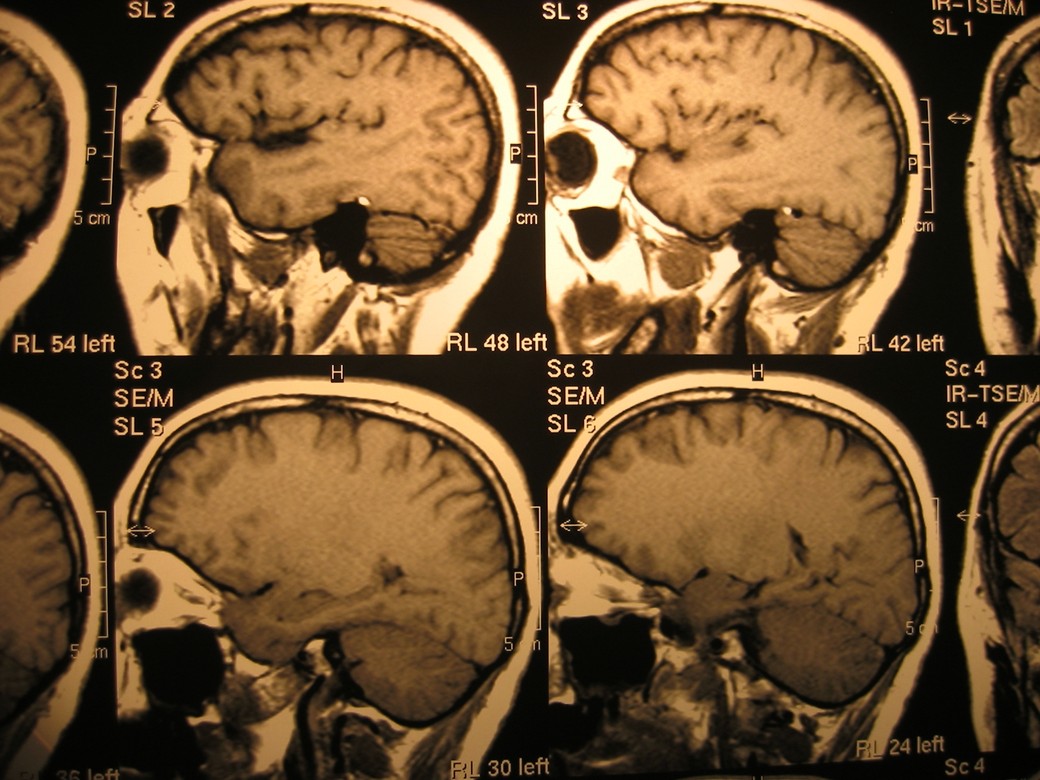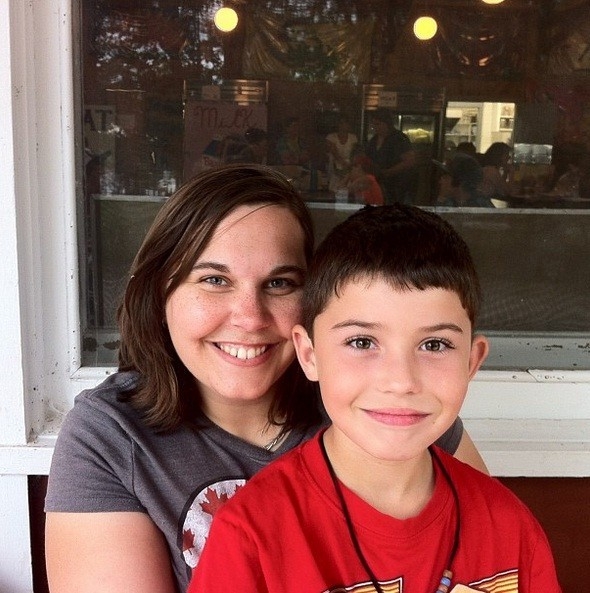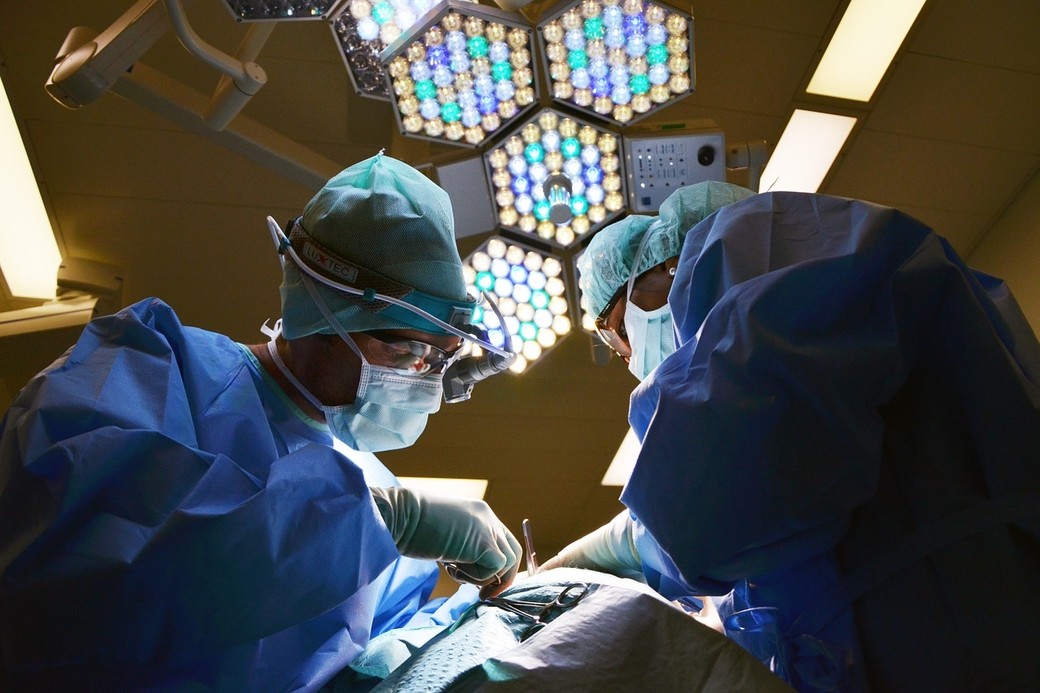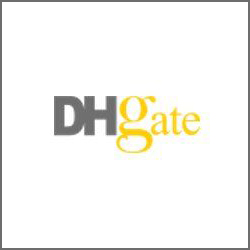
How to Eliminate MRI Wait Lists in the Public Health System
How to do all this and save Alberta millions of dollars a year in the process
Value for money appears to be finally getting the attention it merits as Alberta’s new health minister, Stephen Mandel, takes the reins of the portfolio that is close to consuming 50% of the province’s operating budget.
This is an area of magnificent opportunity. Public health care offers many examples of value waiting to be tapped. Near the top is magnetic resonance imaging (MRI). It is a highly valuable diagnostic tool for many conditions, but it is expensive technology. Waiting times for non-urgent MRI are long, and more than half the MRIs taken in Alberta may be unnecessary.
It’s the last point that offers opportunity to increase value for money in public health care.
A recent study by Alberta and Ontario researchers found more than half of MRIs on low back pain patients were inappropriate or of questionable value. This suggests about 13,000 lower back MRIs conducted in Alberta annually are not necessary.
 My research at the Acute Knee Injury Clinic in Calgary suggests similar waste occurs in diagnosing knee injuries. This work found almost two-thirds of the knee-injured patients who had an MRI could have been accurately diagnosed using other more readily available and significantly less expensive techniques and tools. Provincially, this translates to about 4,000 knee MRIs annually.
My research at the Acute Knee Injury Clinic in Calgary suggests similar waste occurs in diagnosing knee injuries. This work found almost two-thirds of the knee-injured patients who had an MRI could have been accurately diagnosed using other more readily available and significantly less expensive techniques and tools. Provincially, this translates to about 4,000 knee MRIs annually.
In these two areas alone, there may be 17,000 unnecessary MRIs every year in Alberta, representing a cost exceeding $15 million.
This does not suggest MRIs find nothing. It does, however, suggest an accurate diagnosis and effective treatment plan could be put in place without MRI. In the case of acute knee injury, we concluded that applying evidence-based guidelines on MRI use and training health care providers in effective examining techniques could cut MRI use by two-thirds.
A lower-back MRI costs the public health system approximately $1,000 while a knee MRI costs around $550. Latest provincial figures show the median wait for a non-urgent MRI in Alberta was 18 weeks.
Long waits have spawned a thriving private MRI business in Alberta. Next-day private MRIs are available at a cost to the patient ranging from approximately $750 to $2,450. This generates no value to patients if the MRIs they purchase are unnecessary.
The root of the problem is the ‘system gap’ and relative ‘knowledge gap’ that exist in Alberta and, most probably, across Canada. The system gap is in the form of slow access to specialty opinion and the absence of guidelines that would help primary care providers know when an MRI should be requisitioned. The knowledge gap relates to lack of training in how to accurately diagnose knee injuries, low back pain and other common bone and joint conditions without expensive tests.
Bridging these gaps with provincial MRI guidelines and training in diagnostic techniques is not necessarily a difficult undertaking, and it can be done cost-effectively. This approach aligns with the Choosing Wisely Canada campaign organized in partnership with the Canadian Medical Association to reduce unnecessary medical tests, treatments and procedures.
Most MRI requisitions in Alberta come from family doctors. Training two or three physicians in a Primary Care Network in diagnostic techniques for musculoskeletal conditions and having them apply new MRI guidelines routinely in practice could eliminate the majority of the inappropriate MRIs in this large area of medicine alone.
Introducing incentives tied to provincial benchmarks for efficient use of public resources could add motivation for training. The savings could be huge. In 2012, Canadians had 1.7 million MRIs — double the number in 2004. Demand for MRI will continue climbing as our population ages and grows.
It is not inconceivable that, with these changes, there would be no wait lists for MRI in the public system. Private MRI would be unnecessary. And Albertans would see quantifiable value returned for their health care dollars.
 Nick Mohtadi is an advisor with EvidenceNetwork.ca, an orthopaedic surgeon practicing in Calgary, a clinical professor at the University of Calgary and Director of the Acute Knee Injury Clinic.
Nick Mohtadi is an advisor with EvidenceNetwork.ca, an orthopaedic surgeon practicing in Calgary, a clinical professor at the University of Calgary and Director of the Acute Knee Injury Clinic.








